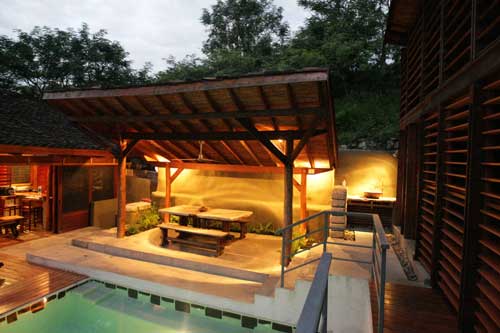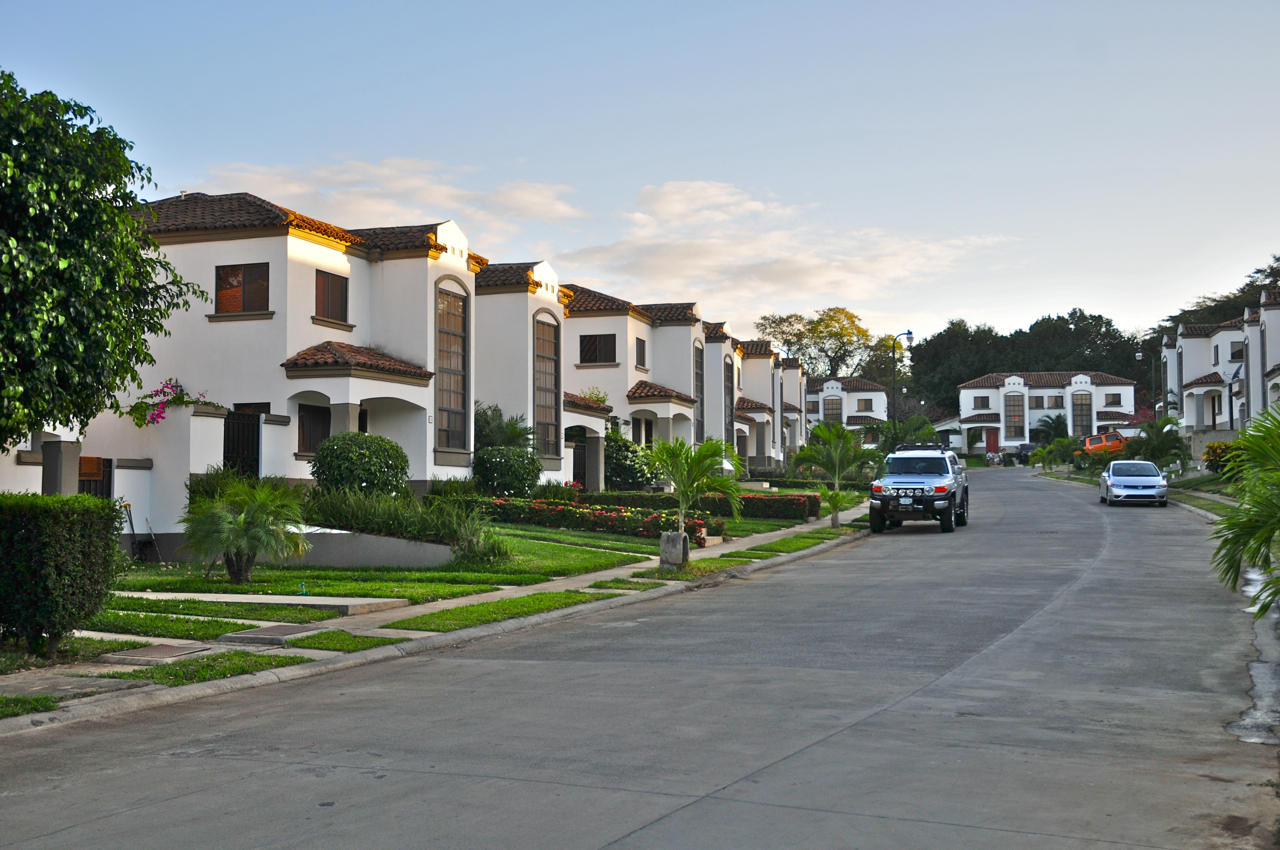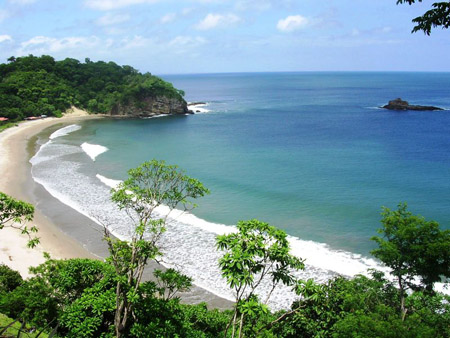Nicaragua Real Estate Detail
Granada is a city in western Nicaragua and the capital of the Granada Department. With an estimated population of 110,326 (2003), it is Nicaragua's fifth most populous city. Granada is historically one of Nicaragua's most important cities, economically and politically. It has a rich colonial heritage, seen in its architecture and structure.
Granada was founded in 1524 by Francisco Hernández de Córdoba, ostensibly the first European city in mainland America. Unlike other cities that claim the same distinction, the city of Granada was not only the settlement of the conquest, but also a city registered in official records of the Crown of Aragon, and the Kingdom of Castile in Spain.
Granada is also known as La Gran Sultana, in reflection of its Moorish and Andalusian appearance, unlike its sister city of León and historical rival, which displays Castilian trends.
It was named by Hernández de Córdoba after the ancient Spanish city of Granada. This was done in honor of the defeat of the last Moorish stronghold, which had been Spanish Granada, by the Catholic King and Queen of Spain. Granada, Nicaragua was historically the sister capital in Central America to Antigua, Guatemala. During the colonial period, Granada maintained a flourishing level of commerce with ports on the Atlantic Ocean, through Lake Nicaragua (a.k.a. Cocibolca) and the San Juan River.
The city has been witness and victim to many of the battles with and invasions from English, French and Dutch pirates trying to take control of Nicaragua.[1]
It was also where William Walker, the American filibuster, took up residence and attempted to take control of Central America as a ruling president. One of Walker's generals, Charles Frederick Henningsen, set the city ablaze before escaping, destroying much of the ancient city and leaving printed the words "Here was Granada".[2][3]
For many years Granada disputed with León its hegemony as the major city of Nicaragua. The city of Granada was favored by the Conservatives, while Léon was favored by the Liberals. For many years there was conflict that at times became quite violent between the cities' families and political factions. In the mid-19th century a compromise site was agreed on and the capital was finally established at Managua between both cities .
Granada avoided much of the tumult of the Sandinista Era in the 1970-80s.
Granada is a city in western Nicaragua and the capital of the Granada Department. With an estimated population of 110,326 (2003), it is Nicaragua's fifth most populous city. Granada is historically one of Nicaragua's most important cities, economically and politically. It has a rich colonial heritage, seen in its architecture and structure.
Granada was founded in 1524 by Francisco Hernández de Córdoba, ostensibly the first European city in mainland America. Unlike other cities that claim the same distinction, the city of Granada was not only the settlement of the conquest, but also a city registered in official records of the Crown of Aragon, and the Kingdom of Castile in Spain.
Granada is also known as La Gran Sultana, in reflection of its Moorish and Andalusian appearance, unlike its sister city of León and historical rival, which displays Castilian trends.
It was named by Hernández de Córdoba after the ancient Spanish city of Granada. This was done in honor of the defeat of the last Moorish stronghold, which had been Spanish Granada, by the Catholic King and Queen of Spain. Granada, Nicaragua was historically the sister capital in Central America to Antigua, Guatemala. During the colonial period, Granada maintained a flourishing level of commerce with ports on the Atlantic Ocean, through Lake Nicaragua (a.k.a. Cocibolca) and the San Juan River.
The city has been witness and victim to many of the battles with and invasions from English, French and Dutch pirates trying to take control of Nicaragua.[1]
It was also where William Walker, the American filibuster, took up residence and attempted to take control of Central America as a ruling president. One of Walker's generals, Charles Frederick Henningsen, set the city ablaze before escaping, destroying much of the ancient city and leaving printed the words "Here was Granada".[2][3]
For many years Granada disputed with León its hegemony as the major city of Nicaragua. The city of Granada was favored by the Conservatives, while Léon was favored by the Liberals. For many years there was conflict that at times became quite violent between the cities' families and political factions. In the mid-19th century a compromise site was agreed on and the capital was finally established at Managua between both cities .
Granada avoided much of the tumult of the Sandinista Era in the 1970-80s.
Nicaragua Real Estate
Nicaragua Real Estate
Nicaragua Real Estate
Nicaragua Real Estate
Nicaragua Real Estate
Nicaragua Real Estate
Nicaragua Real Estate
Nicaragua Real Estate
Nicaragua Real Estate
Nicaragua Real Estate
Nicaragua Real Estate
Nicaragua Real Estate









No comments:
Post a Comment